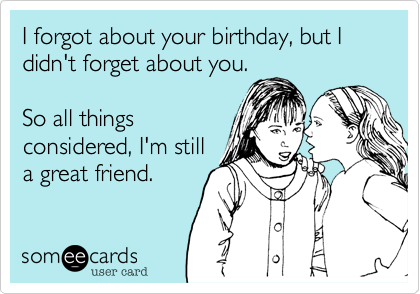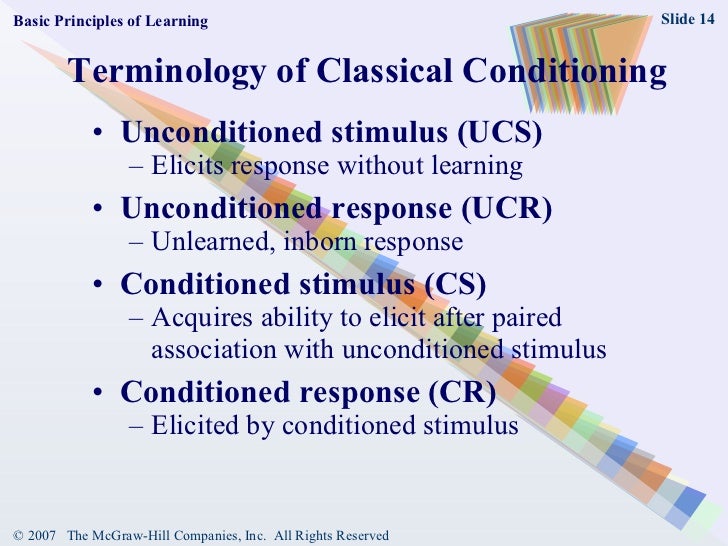To begin, I read a list of words to both Haley and Ashley.
The list read thread:
pin
eye
injection
syringe
sewing
sharp
point
hurt
knitting
prick
thimble
haystack
pain
Afterward, they wrote the words they remembered on a sheet of paper.
Haley wrote down the words pin, eye, inject, syringe, thimble, hurt, knitting, and prick. Ashley wrote the words eye, syringe, hurt, point, haystack, pain, thimble, inject, sewing, and knitting. I, then, read them a second list which was much longer and more difficult.
The list read:
Bed Drowse
Awake Nurse
Tired Sick
Dream Lawyer
Wake Medicine
Snooze Health
Snore Hospital
Rest Dentist
Blanket Physician
Doze Patient
Slumber Stethoscope
Nap Curse
Peace Clinic
Yawn Surgeon
Like previously, they had to recall the words they remembered on paper. Haley wrote the words bed, blanket, slumber, peace, yawn, nurse, lawyer, stethoscope, clinical, and medicine. Ashley wrote down the words bed, awake, wake, snooze, slumber, rest, peace, yawn, lawyer, nurse, patient, physician, doctor, stethoscope, health, and curse.
Following, I asked them if they wrote the word "aardvark" when I read off the first set of words. They responded with confused looks much like this:

"No, but should it?" replied Haley. I also asked if the word "needle" was present on their first paper as well and they both replied "No." I, then, proceeded to ask if they had either "doctor" or "sleep" written about the second list of words. Ashley had written down "doctor." I explained to her that the word "doctor" was not on the second list. The reason she had written it down was due to "false memory." She remembered that the second list involved a few medical professionals such as "nurse", "dentist", and "physician". Her mind assumed "doctor" must also be on the list because it fits and relates to both medical professionals and medical terms.
Next, I asked them about the first list. I asked if they had written down the words pain, thread, point, and sharp. Ashley, again, was the one to write the "magic" words. She wrote down "pain" and "point". As you recall "pain" and "point" were the last and middle words. This type of remembering displayed the "primacy" and "recency"effect. When asked to recall a list of items in any order people tend to begin recall with the end of the list, recalling those items best - the recency effect. Among earlier list items, the first few items are recalled more frequently than the middle items- the primacy effect.
I enjoyed putting my friends' memory to the test. After I recorded their results I took the same test to better understand my memory. I tested positive for the "primacy effect". I found it kind of crazy that my mind bypassed mostly all the middle terms of a list and focused instead on the first few. This experiment is a fun, easy, and eyeopening experience that everyone should take part in. It will help to better understand your unique way of remembering information and reveal to you what memory you excel and struggle with.





